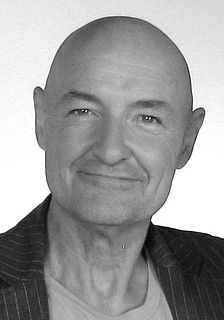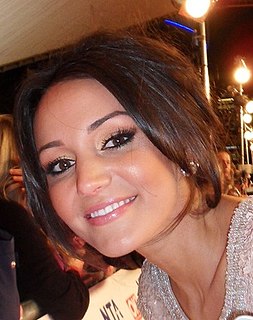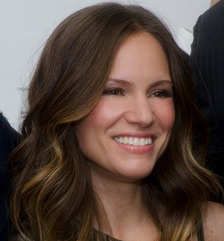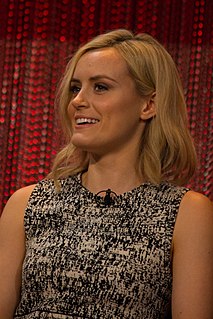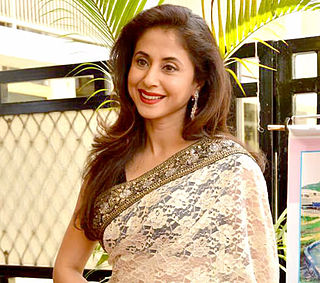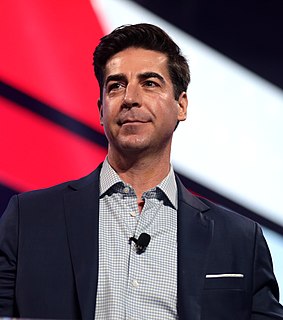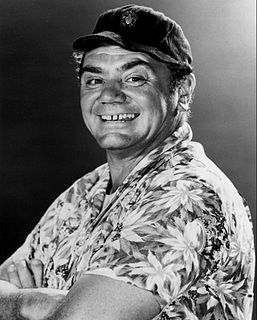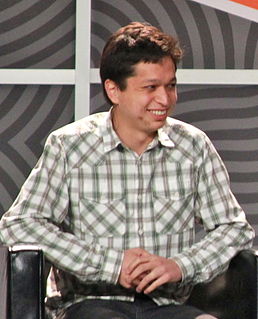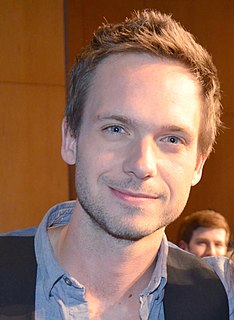A Quote by Len Wiseman
One thing that is very different technically is that you don't get a lot of coverage in television. Not like you do on a film. I know we don't have time for separate set-ups, so I will design a scene where I'm hiding multiple cameras within that set-up. That way, if I don't have time to do five set-ups, I can do four cameras in one set-up. It's a different kind of approach for that. For the most part, a lot of television, in a visual sense, lacks time for the atmosphere and putting you in a place.
Related Quotes
I think there are two different types of people in television. There are people who can turn it on like a switch when the cameras go on, and then, when the cameras go off, they kind of lower it down a little bit. And then there are people who are on all the time, no matter if the cameras are there or not.
This is the kind of upbringing we had instead of sitting in front of a damn television set all day long and never answering to anybody else unless somebody spoke up from a television set. It's an altogether different way of living today that you wonder how it really affects the family? I know how it affects the family because I have my own son who has his children and also my daughter. It's one of those things. Everybody eats in their own way and off they go. You know? It's not family oriented anymore."
I really believe that the raw ingredient of any creative business is the set of experiences that the team has, the set of skills. I think a simple fact is that if you have a different set of experiences based on how you grew up or how other people perceive you, or if you have a different set of skills, that will produce a better company.



